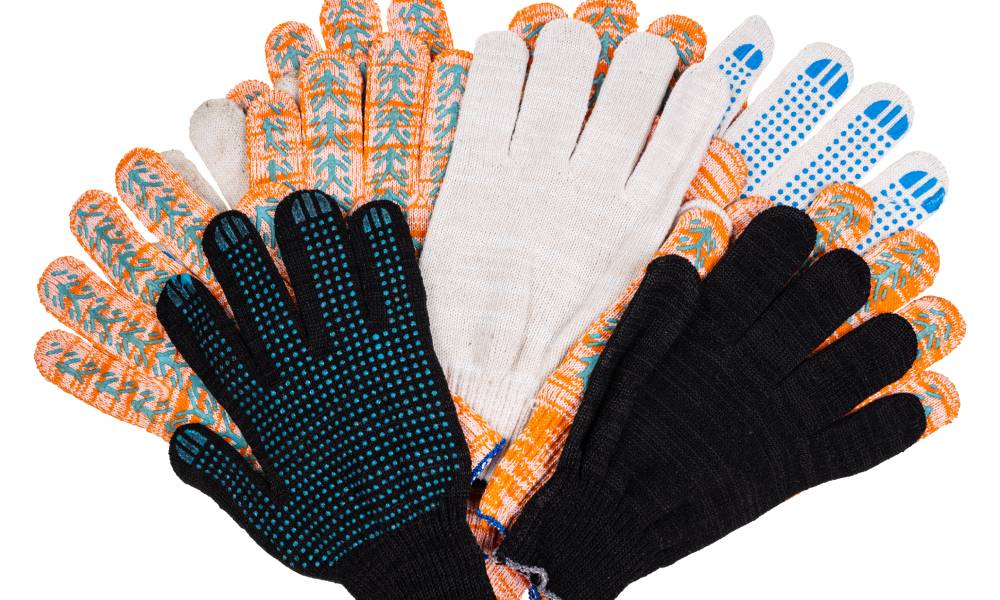Protect Work Gloves

How should the welder glove be?
Welder glove specifications are determined according to EN 12477:2001 standards.

What Are the Warmest Work Gloves?
Today, working gloves have different qualities according to the materials they are designed for and the system they are produced in. Click for information!
Work Gloves for Sensitive Skin
The use of work gloves for sensitive skin is a situation that requires special attention. So what kind of work gloves should sensitive skin use. Click here!

Glove Production with EN 407 Standard
Gloves with EN 407 standard provide protection against thermal hazards. Get information by reading our article on Glove Production with EN 407 Standard!

What Are The Best Gloves for Working in a Warehouse?
Nitrile gloves are an excellent choice for warehouse tasks due to their remarkable versatility and protective qualities. Click for information!

Best BBQ Gloves: A Guide to Choosing the Right Protection
Beybi offers a selection of high-quality gloves tailored for grilling and heat-related tasks. Here’s an overview of the best BBQ gloves.

Best Outdoor Working Gloves: Choosing the Right Protection for Any Condition
When working outdoors, protecting your hands is essential. We’ll explore the key factors to consider, and some top recommendations for outdoor professionals.

What Are Sterile Gloves Used For? Essential Applications and Benefits
Come read the guide to explore what are sterile gloves used for, their importance, and why they are preferred in various industries.

How to Wear Gloves? A Step-by-Step Guide for Proper Use
Learn the steps to safely don and doff disposable, work, leather, chemical and thermal gloves with correct donning and doffing methods.
Showing 2 from page 1.




